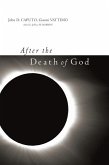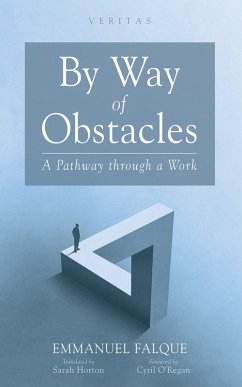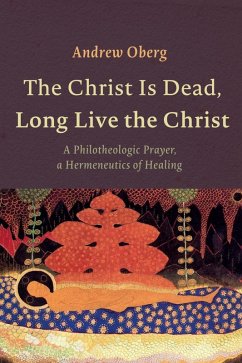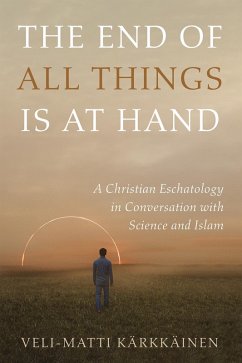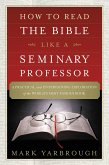Though coming from different and distinct intellectual traditions, Richard Rorty and Gianni Vattimo are united in their criticism of the metaphysical tradition. The challenges they put forward extend beyond philosophy and entail a reconsideration of the foundations of belief in God and the religious life. They urge that the rejection of metaphysical truth does not necessitate the death of religion; instead it opens new ways of imagining what it is to be religious-ways that emphasize charity, solidarity, and irony. This unique collaboration, which includes a dialogue between the two philosophers, is notable not only for its fusion of pragmatism (Rorty) and hermeneutics (Vattimo) but also for its recognition of the limits of both traditional religious belief and modern secularism.
In "Anticlericalism and Atheism" Rorty discusses Vattimo's work Belief and argues that the end of metaphysics paves the way for an anti-essentialist religion. Rorty's conception of religion, determined by private motives, is designed to produce the gospel's promise that henceforth God will not consider humanity as a servant but as a friend. In "The Age of Interpretation," Vattimo, who is both a devout Catholic and a frequent critic of the church, explores the surprising congruence between Christianity and hermeneutics in light of the dissolution of metaphysical truth. As in hermeneutics, interpretation is central to Christianity, which introduced the world to the principle of interiority, dissolving the experience of objective reality into "listening to and interpreting messages."
The lively dialogue that concludes this volume, moderated and edited by Santiago Zabala, analyzes the future of religion together with the political, social, and historical aspects that characterize our contemporary postmodern, postmetaphysical, and post-Christian world.
In "Anticlericalism and Atheism" Rorty discusses Vattimo's work Belief and argues that the end of metaphysics paves the way for an anti-essentialist religion. Rorty's conception of religion, determined by private motives, is designed to produce the gospel's promise that henceforth God will not consider humanity as a servant but as a friend. In "The Age of Interpretation," Vattimo, who is both a devout Catholic and a frequent critic of the church, explores the surprising congruence between Christianity and hermeneutics in light of the dissolution of metaphysical truth. As in hermeneutics, interpretation is central to Christianity, which introduced the world to the principle of interiority, dissolving the experience of objective reality into "listening to and interpreting messages."
The lively dialogue that concludes this volume, moderated and edited by Santiago Zabala, analyzes the future of religion together with the political, social, and historical aspects that characterize our contemporary postmodern, postmetaphysical, and post-Christian world.
Dieser Download kann aus rechtlichen Gründen nur mit Rechnungsadresse in A, D ausgeliefert werden.




